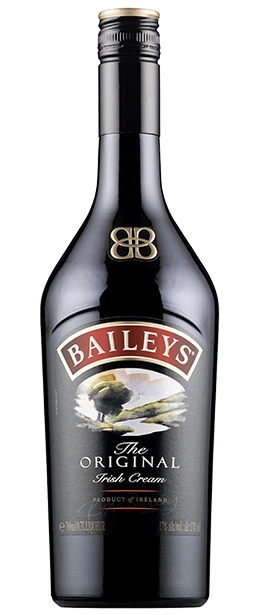
Credit: Alamy
‘Serious Warning’ Issued About Baileys Ahead Of Christmas
Baileys may be a popular drink to have around the festive period, but an expert has issued a ‘serious warning’ to anyone having a sip of the beverage this Christmas.
The Irish cream liqueur made its way onto shelves in 1974 and more than 82 million bottles of Baileys are sold yearly, as per Inews.
Some alcoholic beverages can be left open for years – with some tasting better over time – but Baileys is a drink that lasts two years from the day of bottling, being opened or unopened.
So, if you’ve opened a bottle over the holiday season, you may want to get through it as fast as possible, because an expert has issued a warning.
Related Article: Meaning Behind Pepsi’s Name Leaves People Mind Blown
Related Article: Italian Woman Shares Why You Should Never Have A Cappuccino After Lunch
As with any drink that has gone off, you may be tempted to pour it down the sink.
But you might want to think again if that’s how you plan on getting rid of your Baileys, as it can cause serious damage to your drains.
Alex Saunders, head of Southern Water’s wastewater network, explains to the Irish Mirror: “Something like Baileys, which has a cream content could add to problems. No one likes a nasty surprise over the festive season and a blocked drain is no different.”
While, Kevin Began, Director of Blockbuster Drainage, tells the outlet that this is due to the beverage getting stuck in the ‘U’ bend under the sink because of ‘its thick consistency and [this] prevents liquid from passing through to the external drainage’.

So, how should you get rid of your out-of-date Baileys? Began suggests that you should pour the drink into a ‘sealable container and dispose of it in your general waste bin’.
Jamie Woodhall, UK Technical and Innovations Manager at Rentokil Specialist Hygiene, adds: “You should only pour water-based products down a sink, or those that are water-soluble.
“Flushing unsuitable products down domestic or commercial drains can lead to expensive drain blockages and overflowing sinks as well as increasing the risk of contamination, since grease sludge can harbour pathogenic bacteria.”
Other liquids such as cooking fat, oil and certain sauces – such as salad dressings and gravy – shouldn’t be disposed of down the drain, as they can have the same effect and cause blockages.
Related Article: Experts Warn Prosecco Could Soon No Longer Exist
Related Article: There’s A Reason McDonald’s Coke Tastes So Good
Woodhall continues: “Top culprits for blocking drains in homes and commercial spaces are products that contain grease, fats and oil; expanding foods such as rice and pasta; flour; coffee grounds; and paint.”
As with any household problem, most people will turn to the internet for the solution first and try and fix it themselves rather than calling out an expert.
But Woodhall says that, without the correct knowledge or sufficient equipment, this can cause further problems and lead to ‘bacteria contamination’.
“So you should always consult an expert to resolve a severe blockage in a safe manner,” he says.